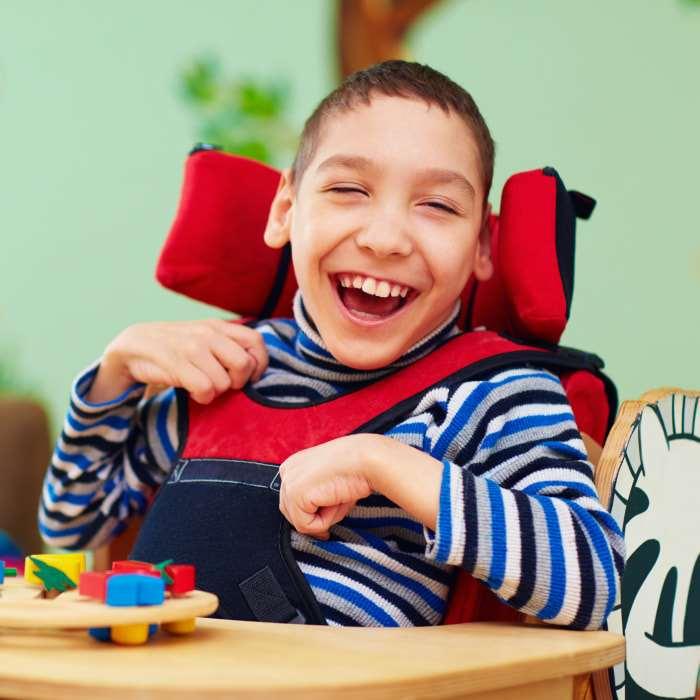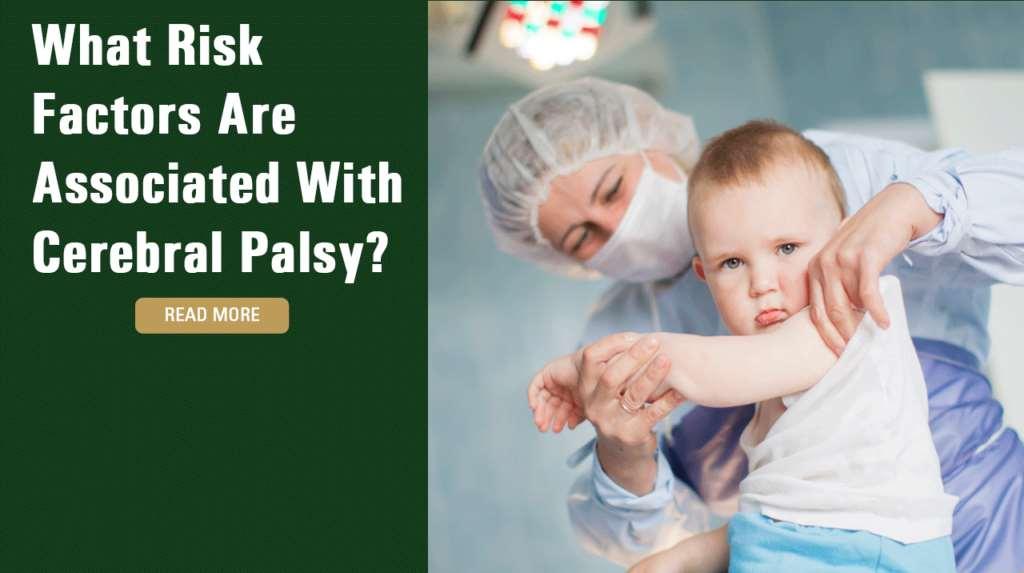Welcome to KR
Physiotherapy & Rehabilitation Clinic



KR Physiotherapy & Rehabilitation Clinic provides the best physiotherapy service in Noida. Our physiotherapist are highly qualified Physiotherapist. KR Physiotherapy & Rehabilitation Clinic focuses on maintaining health for people of all ages, helping patients manage pain and prevent disease.


Dr. Neelam Sharma, B.P.T., M.P.Th, M.I.A.P. has done specialization in Physiotherapy. Dr. Neelam Sharma is best Physiotherapist in orthopaedic, Neurological, Geriatrics, Pediatrics conditions. She is managing her clinic with modern and advanced treatment to help you move well and stay happy and well trained team which is working under guidance of her.


Knee Ligament Injuries
Hijama Cupping Therapy
Physiotherapy for Cerebral Palsy

Cerebral palsy is a neurological disorder that affects movement, muscle tone, and coordination. It is caused by brain damage or abnormal development before or during birth, leading to lifelong challenges. Symptoms vary widely, including difficulty with motor skills, speech, and cognitive functions. Treatments aim to manage symptoms and enhance quality of life.



There are three main types of cerebral palsy: spastic, athetoid/dyskinetic, and ataxic. Spastic CP is characterized by stiff, tight muscles and difficulty with movement, while athetoid/dyskinetic CP involves involuntary and uncontrolled movements. Ataxic CP affects balance and coordination. Mixed CP involves a combination of symptoms from different types. Each type requires specific management strategies and therapies.


The causes of cerebral palsy can be diverse. They can include brain damage or abnormal brain development that occurs before, during, or shortly after birth. Some common causes include maternal infections during pregnancy, lack of oxygen to the brain, premature birth, certain genetic conditions, and traumatic head injuries. However, in many cases, the exact cause may remain unknown.

Several risk factors increase the likelihood of cerebral palsy. These include premature birth, low birth weight, multiple pregnancies (such as twins or triplets), infections during pregnancy (such as rubella or cytomegalovirus), maternal health issues (such as high blood pressure or diabetes), exposure to toxins or infections in early childhood, and certain genetic conditions. It's important to note that having these risk factors does not guarantee the development of cerebral palsy, but it may increase the chances.










